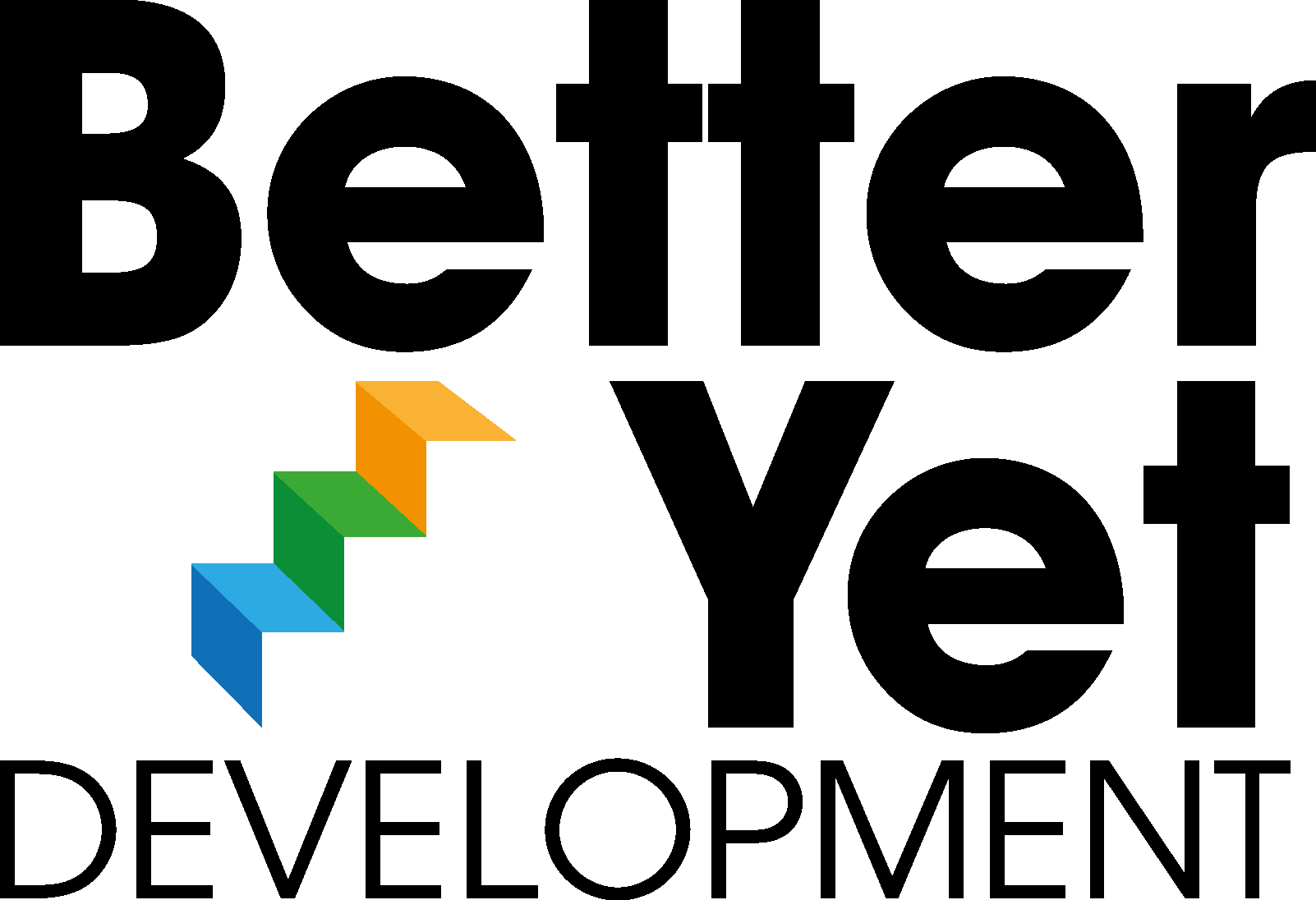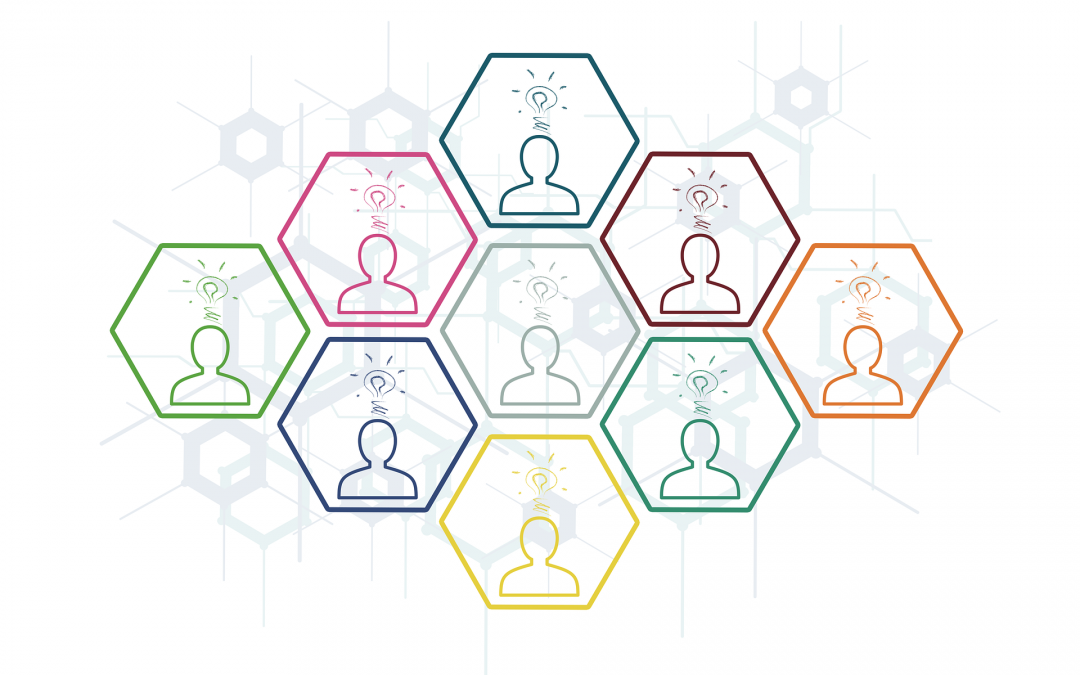“Great things in business are never done by one person, they’re done by a team of people”.
Steve Jobs
We’ve all heard the phrase, ‘greater than the sum of the parts’, right?
It’s when the combination of team members outperforms what you’d expect from looking at the individuals in the team.
Think Leicester City winning the Premier League in 2016.
Teams that are more than the sum of their parts develop and grow a collective intelligence; a wisdom and knowledge that emerges from the group and is put to use in reaching agreements, making decisions and solving problems. Collective intelligence enables a team to come up with things that none of the individual members ever could on their own.
As our world becomes more complex, not only do we need more teams to make things happen, we also need more intelligence in those teams to manage the complexity.
Collective intelligence develops when teams consistently and deliberately build their shared knowledge. It grows when teams reflect on a common experience, communicate successfully through that reflection, work together to conclude what can be learned and what needs to be done differently, before coordinating to adjust activities, which result in a better outcome.
This is ninja-level teamwork. It’s not easy.
As individuals, when we’re immersed in uncertainty, we can tend to focus in on the one thing we are certain of – our opinion. This can lead to the familiar problem of team members battling it out for the supremacy of their own answer. We’ll also typically find it difficult to go out on a limb and risk being wrong in front of colleagues, so will often hold back. We’ll usually do our best to avoid conflict and if it does arise, we often won’t handle it well. It’s little surprise that teams often make the wrong call. We’ve even made up a word for it. Groupthink.
Research suggests that intelligent teams perform better, but also that most teams are not intelligent (i.e. tasks can be performed better at an individual level). So, the big question has to be, can collective intelligence be developed?
Fortunately, the answer is yes and here are 5 ways to develop it.
- Collective Intelligence increases as team members get to know each other. People get to know each other best by working closely together. The more opportunities that are created for both whole team collaboration and regular sub-team activities where over time, everyone gets to work closely with everyone else, the more aligned and intelligent the team will become.
- The smartest teams ensure that knowledge is routinely shared – and they don’t leave it to chance. These teams dedicate time when they’re together to sharing wisdom and insights. They create habits with simple systems and processes and make sure that as well as building their collective knowledge, it’s easy for the whole team to tap into it and use it.
- One of the most effective ways for team knowledge and intelligence to grow is by establishing regular, structured After Action Reviews. Each time a project concludes, a delivery is completed or a collective task is finished, make sure that the team conducts a thorough review of what went well, what didn’t, what has been learned and what will be done differently as a consequence. Give everyone time to reflect individually and ensure everyone contributes their thoughts. These sessions tend to work better with the right amount of structure, so get the team to design the ideal structure for them. Facilitation also helps, perhaps consider rotating facilitation responsibilities. Do it for every deliverable. Make it a habit. Don’t skip.
- After Action Reviews are much more useful and thorough when you’ve built good amounts of Psychological Safety in your team. Amy Edmondson who has led the research into Psychological Safety defined it as, ‘A shared belief held by members of a team that the team is safe for interpersonal risk-taking’. That means everyone on the team is comfortable saying what needs to be said, admitting when they don’t know and giving voice to the very beginnings of ideas. Leaders and teams can build Psychological Safety by agreeing and adhering to a set of behavioural norms for the team, working out how they will deal with conflict, talking about and categorising failure and regularly taking a read of Psychological Safety levels in the team. It just so happens that whilst After Action Reviews are improved with higher levels of Psychological Safety, they also boost Psychological Safety when undertaken regularly and well.
- More diverse teams tend to be smarter too, assimilating a wider range of perspectives and resisting the dreaded groupthink. Further data suggests that the proportion of women in a team is also a predictor of collective intelligence, as women will typically raise the average social sensitivity in a group, which in turn contributes to increased Psychological Safety.
Higher Collective Intelligence correlates with improved team performance.
It requires a deliberate focus on both team processes and team dynamics. Teams tend not to do this and as a consequence, most are not close to fulfilling their potential and significantly less than the sum of their parts.
That means there’s an opportunity for enterprising teams to steal a march and get ahead of the game.
As with everything worth doing, it requires effort and consistency over time, but think back to the best team you’ve ever been a part of, it’s usually been the most successful and the most enjoyable.

